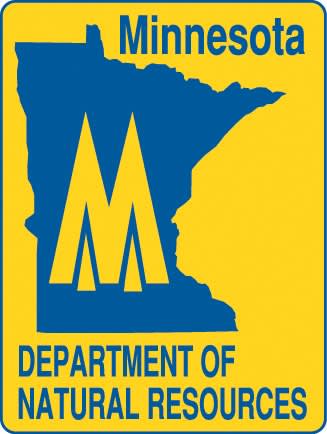Minnesota DNR Conducts Follow-Up Searches for Zebra Mussels

Minnesota Department of Natural Resources (DNR) biologists and divers searched lake bottoms last week immediately surrounding areas where zebra mussels were discovered last fall on boat lifts on Lake Irene in Douglas County and Rose Lake in Otter Tail County. The divers did not discover zebra mussels, but searches will continue later this fall when docks and boat lifts are pulled from the shores along these lakes.
“This is a good sign, but these are only preliminary inspections that will help us determine the overall outcome of our efforts,” said Nathan Olson, DNR invasive species specialist in Fergus Falls. “We have more field work to do this fall, sampling the waters for veligers and inspecting docks and boat lifts as folks remove them from these waters.”
Last fall, DNR biologists investigated two separate cases where localized zebra mussel populations were discovered on boat lifts. In one case, mussels were attached to rocks near the boat lift. Both boat lifts had been moved from infested waters to these lakes earlier in 2011.Due to the early detection of zebra mussels in these locations, the
DNR immediately treated both areas with copper sulfate, a common chemical used to treat snails that cause swimmers itch. The treatments were conducted by a licensed aquatic pesticide contractor. The searches conducted last week were part of a follow-up plan to evaluate the effectiveness of the early detection and rapid response conducted by the DNR. “We hope that early detection and immediate treatment of these areas has curbed an infestation,” said Olson. “This is by no means a solution to the aquatic invasive species battle. We need continued diligence in practicing aquatic invasive species preventative efforts.”
Olson added that while these initial surveys are promising, it will take a number of years before the DNR can conclude whether these treatments were effective in preventing zebra mussels from establishing a population.The DNR reminds people to inspect all water-related equipment when it is taken out of the water, and to report suspected zebra mussel or faucet snail discoveries to the DNR area office.
Moving docks and boat lifts from one lake to another is a potential pathway for the spread of aquatic invasive species. Boat lifts and docks are of particular concern because they sit in the water for extended periods, giving adult zebra mussels and snails a greater opportunity to attach themselves.
A new law, which became effective on July 1, requires boat lifts, docks and swim rafts removed from any waterbody to be out of the water for 21 days before being placed into another water body. Docks and lifts that have zebra mussels or faucet snails attached may legally be placed on shore and placed back into the same water body without removing the mussels or snails. Boats and other water related equipment with zebra mussels, faucet snails or other prohibited animal species attached may not be transported off of shoreline property unless it is done by a permitted lake service provider or as allowed by a DNR authorization form.
The authorization form allows a boat or property shoreline owner to transport the boat or water-related equipment to a location to be decontaminated. More information about aquatic invasive species and the authorization form are available on DNR website at: www.mndnr.gov/ais.

